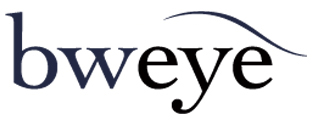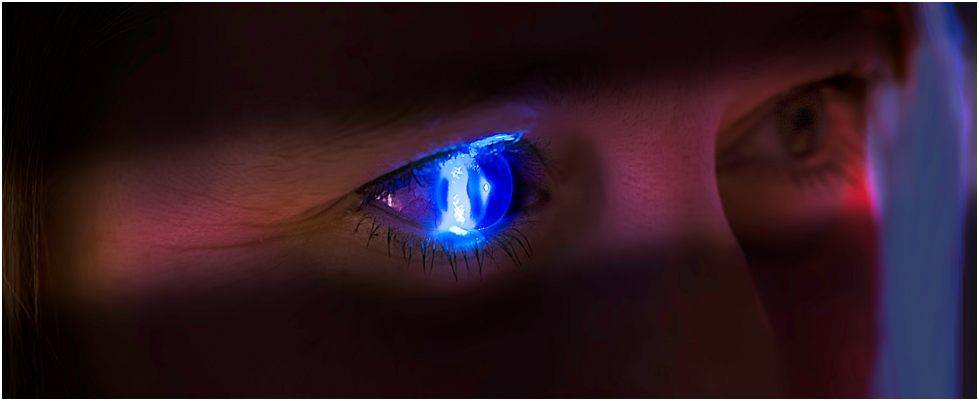About Contact Lens Exams & Fitting at Baltimore Washington Eye Center
Eye exams for contact lenses and contact lens fitting are necessary and quite important so that patients have a comfortable, safe, enjoyable and convenient contact lens wearing experience each and every day. The eye doctors at Baltimore Washington Eye Center are contact lens specialists who will carefully and thoroughly examine your eyes, provide the necessary testing and consult with you to recommend the best type of contacts for your eyes. They will base this on an eye exam and fitting measurements that are a bit different than a routine eye exam. Unlike the annual routine eye exam we recommend for patients, the contact lens exam will place additional focus on eye health status as related to contacts as well as obtaining precise measurements of corneal curvature, shape and topography. Careful microscopic evaluation will be performed of the cornea and eyelids in particular. Some specialized testing that will be done for your contact lens exam and fitting might include:
Corneal Curvature Measurement
Using an instrument called a keratometer, the principle curvatures of the cornea, the clear dome or front surface of the eye, are precisely measured. This measurement is used to select and design the best curvature and overall diameter of your contact lenses. If the surface of the eye is found to be somewhat uneven, and is shaped more like a football rather than a basketball, meaning that you have astigmatism, you may require a special lens design known as a "toric" contact lens. There are many brands of contacts that correct astigmatism including gas permeable lenses and soft toric lenses, which are available in disposable, multifocal, extended wear and colored versions. Depending on the shape and contour of your cornea, it might be necessary for the eye doctor to obtain a detailed “mapping” of the surface of your cornea which is called corneal topography. Corneal topography provides extremely precise details about surface characteristics of the cornea and creates a surface "map" of your eye, with different contours represented by varying colors.
Pupil & Iris Diameter Measurement
The size of the pupil, the dark central area, and the overall diameter of your iris, the colored part of the eye, can play important roles in the design, selection and fitting of your contact lenses. Sometimes it is possible to use a carefully graded ruler along with the slit lamp biomicroscope and in other instances an instrument called a pupilometer may be used.
Tear Film Evaluation
A critical element of successful contact lens wear is having a sufficient quantity and quality of tears to keep the contact lenses hydrated and your cornea moist. Tear film analysis is performed as part of your contact lens exam using the slit lamp as well as specialized eye-safe dyes such as Fluorescein, Lissamine and Rose Bengal to stain the tears and cornea, along with testing paper strips called a Schirmer Test.
Trial Lens Fitting
Once the refractive tests, corneal shape and contour measurements, and microscopic evaluations have been completed, then a trial lens fitting can be performed. This involves placing one to several lenses of known designs, shapes and curvatures on the eye to evaluate the position and movement of each lens. Generally, your doctor will place one or more of the trial lenses in each eye and ask you to wear them for 10-15 minutes so he or she can evaluate the fitting characteristics and comfort. Once the optimum set of design parameters is determined it will be possible to actually determine the exact lens design that fits properly, is comfortable for you, and provides good vision. Your eye doctor will then be able to write a contact lens prescription for you. This prescription will designate the contact lens power, the curvature of the lens or base curve, the lens diameter, and the lens name and manufacturer.
Care, Hygiene & Follow Up Exams
An important part of comfortable, safe, enjoyable and convenient contact lens wear each and every day requires that you follow your doctor’s instructions for care, cleaning, wearing, and follow up visits. He or she will make very specific recommendations that you will need to follow to ensure you experience safe, healthy, and clear vision with contact lens wear.
Contact Lenses Brands
Baltimore Washington offers a broad choice of the most popular brands of contact lenses.
Bausch & Lomb
Biotrue, PureVision, PureVision 2, PureVision for Astigmatism
Alcon
AIR OPTIX® AQUA, AIR OPTIX® Multifocal, AIR OPTIX® Toric, AIR OPTIX® Night and Day, DAILIES® AquaComfort Plus®, DAILIES® AquaComfort Plus® Toric, DAILIES® AquaComfort Plus® Multifocal, DAILIES® Total 1®, FOCUS® DAILIES®,FOCUS® DAILIES® Aqua Comfort
Cooper Vision
Avaira, Avaira Toric, Biofinity, Biofinity XR, Biofinity Multifocal, Biofinity Toric
Biomedics® XC, Biomedics® 55
ClearSight 1 Day, Clear Sight 1 Day Toric
Proclear 1 Day, Proclear 1 Day Multifocal, Proclear Multifocal Toric, Proclear Multifocal XR
SofLens 38, SofLens 68 Toric
Unilens
C VUE
Vistakon
ACUVUE® 1 DAY, ACUVUE® 1 DAY MOIST®, ACUVUE® MOIST®, ACUVUE® Plus, ACUVUE® 1 DAY MOIST® for Astigmatism, ACUVUE® 2, ACUVUE® Advance, ACUVUE® OASYS®, ACUVUE® OASYS® for Astigmatism, ACUVUE® OASYS® Presbyopia,ACUVUE® 1 DAY TrueEye®
Patients wishing to learn more about contact lens exams and fitting in the greater Baltimore or Washington, D.C area are encouraged to call us at 800-495-3937 to schedule an appointment.


